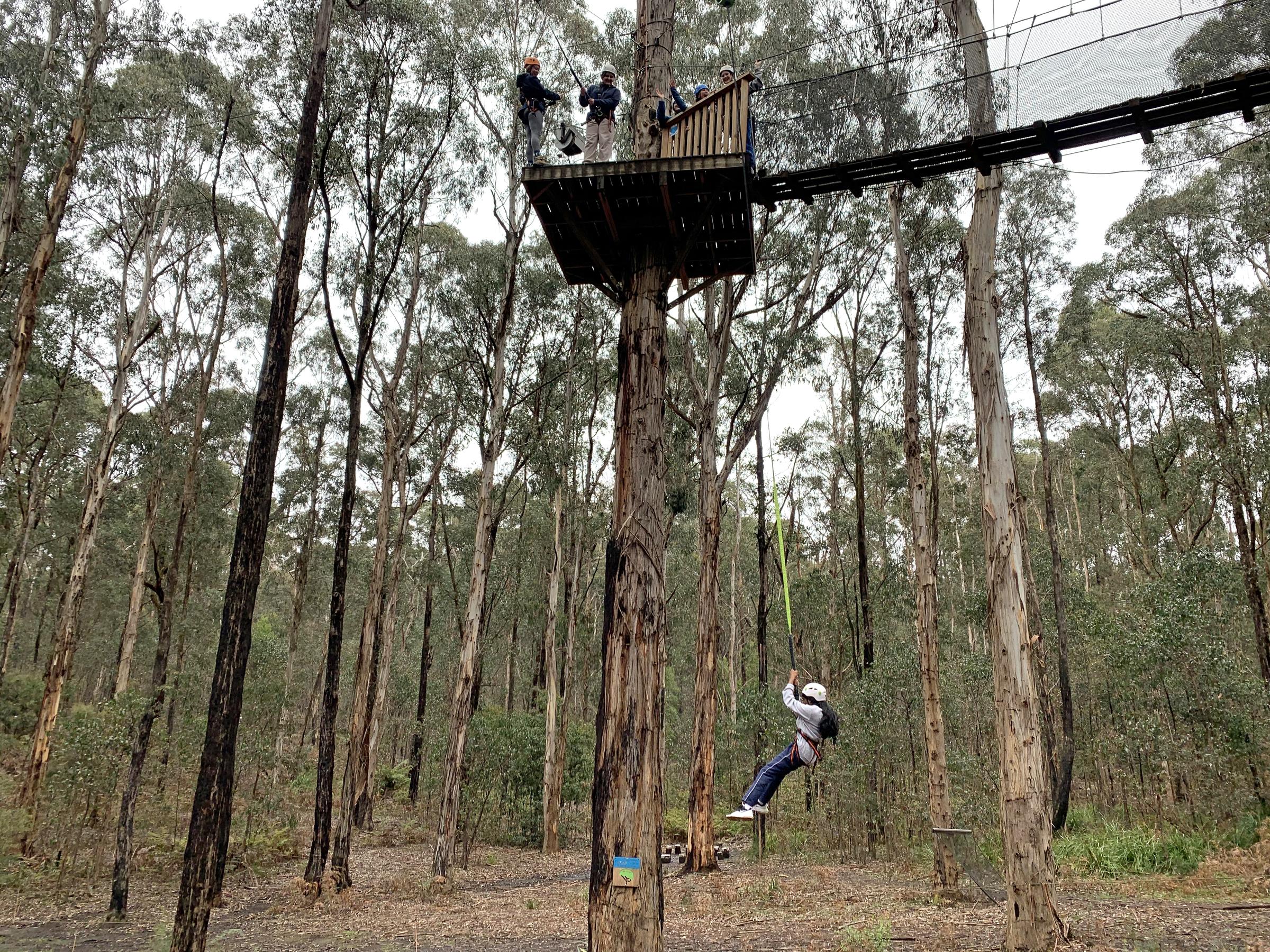Middle Years

The Roman emperor Marcus Aurelius was a Stoic philosopher. Stoicism originated in ancient Greece and was later developed in ancient Rome. It teaches that we should focus on what we can control in life, namely our own thoughts, emotions and actions, while accepting the things we cannot control with equanimity or a calm composure.
Stoicism encourages a sense of poise and level-headedness and it encourages the cultivation of self-discipline and self-understanding or wisdom that we are better able to recognise this important distinction between what can be done and what cannot.
Stoics argued that, even in the face of adversity or challenging circumstances, we can lead meaningful and happy lives because Stoics sought to develop resilience by rationality and cultivate a sense of inner strength that can be used to successfully navigate the ups and downs of life.
Challenges and difficulties are a common experience in life and are often seen as roadblocks to success, whatever that may be. In the context of school, this might be difficulty grasping a concept, playing a piece of music, mastering a manoeuvre in a dance sequence and so on. It might be completing a hike on camp or attending a party where you don’t know anyone that well. However, Marcus Aurelius would say that obstacles are not always hindrances; they can be opportunities for personal growth and the development of resilience. Indeed, in his famous philosophical work the Meditations, Marcus Aurelius said “The impediment to action advances action: What stands in the way becomes the way." And yet, this appears to be a paradoxical statement: How can a challenge become the path to success? The answer concerns the development of good character and, ultimately, resilience.
A challenge demands problem-solving skills. A lesson at school is, essentially, a challenge – to develop understanding or skill. From a certain point of view, the essence of a school is actually the deliberate cultivation of appropriate challenge for the benefit of its students! Whether it's completing a tough project, managing time effectively or collaborating with peers, obstacles and challenges provide students with opportunities to develop problem-solving strategies that are essential in the ‘real’ world beyond school. Engaging with obstacles, working to see things from a different point of view or overcome challenges by being creative, flexible and increasing reasoned in our approach leads to personal growth: Our capacities as individuals are increased. This is what “being rationale” means – putting things into appropriate or a new perspective! Overcoming challenges also fosters a sense of accomplishment, self-confidence and a "can-do" attitude that can have a lasting impact on our life.
Engaging in various activities at school whether they are social, sporting, artistic or academic, involves the possibility of failure. This is inherent in an ‘obstacle’. This firsthand experience of not always succeeding, however, teaches us, teaches students, valuable lessons about setbacks. It helps them understand that failure is not a permanent state but a stepping-stone to success beyond the obstacle. The American author John C. Maxwell said, “Fail early, fail often, but always fail forward.” So, there are many ways in which obstacles and failure can have significant and durable positive impact on our character. This engagement, too, leads to the development of resilience.
What is resilience? Resilience is the ability to bounce back from setbacks, adapt to change and navigate life's challenges with a positive. Stoics, we can see, pioneered the conception of a ‘growth mindset’ long before the modern academics got to it! Life is unpredictable, and secondary school can be an emotionally and academically demanding period. In secondary school, a time when students are transitioning from childhood to adolescence, building resilience is a fundamental life skill. The academic and co-curricular programs at school instil the ability to handle adversity and stress, preparing students for the ups and downs of life beyond school. Going on camp, participating in a production, picking up a new and quite different elective subject, these are ideal platforms for students to encounter challenges in a supportive and supervised environment for the development of resilience.
Stoic philosophers actually encouraged their students to seek adversity in a manner of speaking. They didn’t encourage deliberately making things hard or deliberately cultivating suffering. Instead, they recognised that challenges are a natural part of life and that the ‘littler’ challenges in life help us prepare for the big challenges in life. Without any challenge, any difficulty, without any abrasion at all in life, we are bereft of the opportunity to develop resilience for when it is really needed. This is what the Stoic philosopher Seneca – another Roman – meant when he said, “Constant misfortune brings this one blessing: to whom it always assails, it eventually fortifies.”
If we seek to avoid all difficulties, then we will fail to develop rationality, character and resilience. Even worse, when others remove obstacles for us, then we do a tragic disservice to those we seek to help. Again, as Seneca says, ‘No one is more unhappy than they who never face adversity. For they are never permitted to prove themselves.”
The challenges and difficulties encountered in secondary school and the co-curricular programs at school are not meant to discourage or deter students. On the contrary, they are opportunities for growth. These experiences equip students with essential life skills that go beyond the classroom and prepare them to face the complexities of adulthood with courage and determination.
Tristan Hill
Middle Years 7/8 Coordinator

